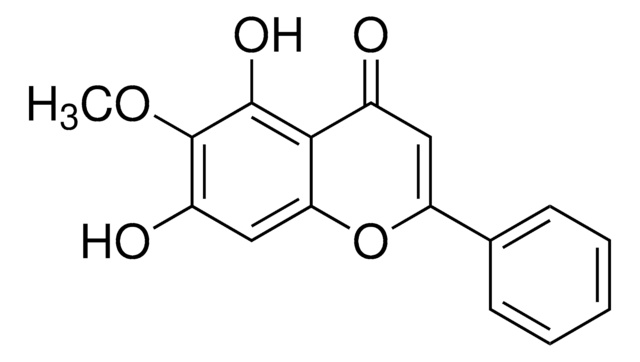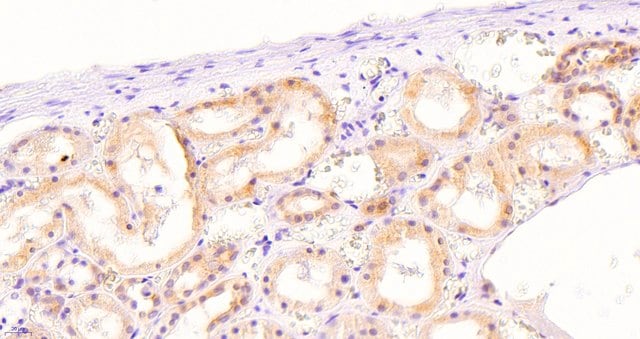33-017
PI 3-Kinase HTRF® Assay; 1920 wells
The PI 3-Kinase HTRF Assay is a high-performance assay kit that provides a universal method for testing all Class I PI3-Kinases in a homogeneous format. This pack size has a screening capacity of 5 plates.
Synonym(s):
Kinase activity assay
Sign Into View Organizational & Contract Pricing
All Photos(1)
About This Item
UNSPSC Code:
12161503
eCl@ss:
32161000
NACRES:
NA.84
Recommended Products
Quality Level
species reactivity
mouse, human
manufacturer/tradename
HTRF®
Upstate®
technique(s)
activity assay: suitable (kinase)
NCBI accession no.
UniProt accession no.
detection method
fluorometric (HTRF)
shipped in
dry ice
Gene Information
human ... PIK3CA(5290)
General description
The PI3-Kinase HTRF Assay is a high-performance assay kit that provides a universal method for assaying all Class I PI3-Kinases in a homogeneous 384-well format.
Application
PI 3-Kinase HTRF® Assay; 1920 wells have been used to measure the activity of phosphoinositide-3-kinases (PI3Ks). It has also been used in a biochemical assay to measure the potency and selectivity of LL-00071210 (a selective PI3Kδ inhibitor).
Biochem/physiol Actions
The PI 3-Kinases catalyze the phosphorylation of the three positions of phosphatidylinositols. The Class I enzymes convert phosphatidylinositol 4,5-bisphosphate (PIP2) to phosphatidylinositol 3,4,5-trisphosphate (PIP3) in the presence of ATP and Mg2+.
Features and Benefits
- Large Stokes shift and time-resolved elements of technology help to reduce compound interference, minimizing concern of false negatives
- Picomole sensitivity of the HTRF assay platform enables the integrity of enzyme kinetics to be retained, ensuring the most physiologically relevant assay parameters.
- Compatible with all Class I phosphoinositide 3-kinase (PI3K) isoforms: enables relative data comparisons and eliminates the need for multiple assay types.
- Reliable, proven assay—based on the technology used in the Millipore, Upstate® KinaseProfiler Service.
- Z` factor routinely exceeds 0.8, ensuring consistent, reliable data.
Packaging
Kit capacity: 1920 wells
Components
4X Reaction Buffer
PIP2 (Substrate; 1mM stock)
Stop Reagent A
Stop Reagent B
DM A Detection Reagent
DM B Detection Reagent
DM C Detection Reagent
PIP2 (Substrate; 1mM stock)
Stop Reagent A
Stop Reagent B
DM A Detection Reagent
DM B Detection Reagent
DM C Detection Reagent
Legal Information
HTRF is a registered trademark of Cis Bio International
UPSTATE is a registered trademark of Merck KGaA, Darmstadt, Germany
Disclaimer
Unless otherwise stated in our catalog or other company documentation accompanying the product(s), our products are intended for research use only and are not to be used for any other purpose, which includes but is not limited to, unauthorized commercial uses, in vitro diagnostic uses, ex vivo or in vivo therapeutic uses or any type of consumption or application to humans or animals.
Storage Class Code
10 - Combustible liquids
Certificates of Analysis (COA)
Search for Certificates of Analysis (COA) by entering the products Lot/Batch Number. Lot and Batch Numbers can be found on a product’s label following the words ‘Lot’ or ‘Batch’.
Already Own This Product?
Find documentation for the products that you have recently purchased in the Document Library.
Robert H Sinnamon et al.
Protein expression and purification, 73(2), 167-176 (2010-05-12)
Phosphoinositide 3-kinases have been targeted for therapeutic research because they are key components of a cell signaling cascade controlling proliferation, growth, and survival. Direct activation of the PI3Kalpha pathway contributes to the development and progression of solid tumors in breast
Reine Nehmé et al.
Analytical and bioanalytical chemistry, 406(15), 3743-3754 (2014-05-13)
Human kinases are one of the most promising targets for cancer therapy. Methods able to measure the effects of drugs on these cell agents remain crucial for biologists and medicinal chemists. The current work therefore sought to develop an in-capillary
Marinela Méndez-Pertuz et al.
Nature communications, 8(1), 1278-1278 (2017-11-04)
Telomeres and the insulin/PI3K pathway are considered hallmarks of aging and cancer. Here, we describe a role for PI3K/AKT in the regulation of TRF1, an essential component of the shelterin complex. PI3K and AKT chemical inhibitors reduce TRF1 telomeric foci
Our team of scientists has experience in all areas of research including Life Science, Material Science, Chemical Synthesis, Chromatography, Analytical and many others.
Contact Technical Service








